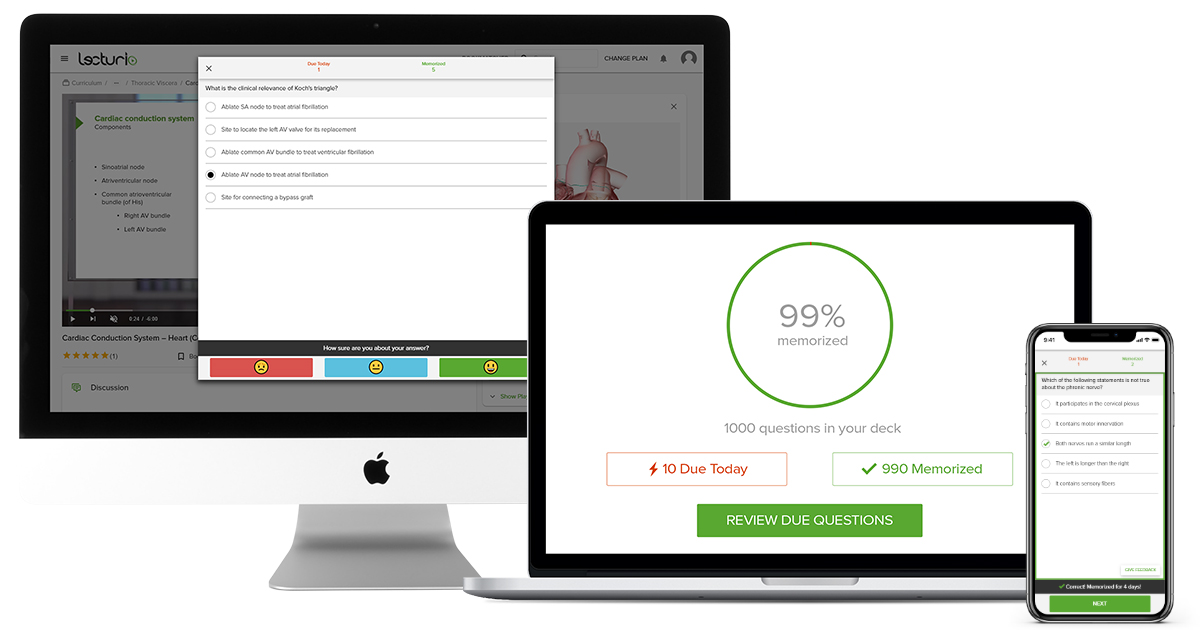How to Decide: Studying Alone vs. Studying in a Group
In weighing the pros and cons of studying alone versus joining a study group, it all depends on your own study style and efficiency. Questions to ask yourself when making such decisions include:
How much work will I get done alone vs. in a group?
Some students get things done faster when they study by themselves, tackling their work one topic after another. Others may find that allocating topics per group member and listening to one another present on each topic works better for them and gets more done in less time if everyone is on the same page.
Am I more or less distracted when working in a group?
We have all faced distraction while trying to get work done, whether being distracted by our phones while studying alone or chatting too much in a study group. What’s important is what refocuses our concentration, whether it’s ourselves or accountability to other people.
Do I need to read things on my own, or am I better at remembering things when someone else is explaining?
Some students may have to read and digest things on their own, whereas others may be able to get a better understanding when someone else explains something in simpler words or gives a mnemonic for better recall. It all depends on how you study best, and it could even be a combination of both.
Asking yourself such questions can help determine whether or not a study group may or may not work for you. Some benefits students may get from working in study groups are:
- being held accountable by working with other people
- being more productive in the presence of others who are also working
- being able to communicate ideas or topics in a group setting
Having others around you who are also studying or doing similar tasks can help keep you focused on what you have to get done. Sometimes, when working alone, you may stray from tasks, but seeing other people in your environment also working can influence your behavior in getting what you need to get done at that moment. Others may enjoy working in a group by going over material together but also keeping each other accountable for completing the work in a set time rather than getting distracted by chatting.
Studying in groups as opposed to studying solo has some cons as well. Some students may prefer to study alone, as they get more work done that way. If students in a group lose focus during a study session, they may take long breaks and not get their work done or go so far off topic that a group study discussion turns into a conversation that goes on for longer than needed.
It’s important to remember that the purpose of studying in groups is to get work done.
Studying alone can sometimes be daunting, especially with the heavy workload that comes with med school, and that’s where study groups can also be helpful in changing things up.
What Makes a Good Study Group?
If you are considering joining or forming a study group, it is important to be in a group with students you are compatible with. A good study group is one that consists of people with shared goals who can work together in a friendly environment. This means that there are no interruptions by or competition among the other students, especially when working on material together. It is important for group members to be supportive of one another and understanding if something comes up and to keep track to ensure each member is keeping up.
Some tips that may be helpful in forming a good study group, or knowing whether the one you’re considering joining is a good one, fall under what I like to think of as the five Cs: compact, concise, contribution, cooperation, and consistent.
- The group should be compact, having three to five members. Bigger groups may lead to distractions.
- Group studying needs to be concise. One way to achieve this is to set an amount of time for review. An hour or less may feel too rushed, while a longer time may mean a decline in productivity. It’s good to figure out through trial and error the set length of time that works for everyone.
- Every member should be willing to participate and contribute to the sessions. This enables everyone to be prepared and active during group sessions. Everyone should also present on a topic, as this allows them to teach, which reinforces their own knowledge as well. Listening to a different explanation from another person also enhances your understanding and can bring a different perspective to a familiar approach.
- Group work requires good cooperation. It’s vital that everyone gets along and is able to communicate not only in presenting knowledge on topics but also in planning and support. It’s important to be on the same page with one another to create a friendly and productive study environment.
- The group should set consistent meeting times. It’s a good idea to have a designated time to meet up either daily or weekly when studying with others. This helps keep material fresh in your memory and keeps everyone in the study group accountable for getting things done by a certain time to be ready for studying together.
Online Study Groups
You can create your own virtual study group with friends and fellow students by using virtual platforms like Zoom or Discord. Or you could join an already existing online study group.
Platforms like Studystream and Studytogether offer online study rooms where you can study with other people from across the globe. You can choose whether you want to share your video or screen to be kept accountable by others. Or you can find a study partner and do 1-on-1 sessions.
My Experience with Study Groups
A healthy mix of studying in groups and studying alone is something I prefer, especially while studying for board exams. During the day, I study material on my own and create a checklist of things I need to get done. Later in the evening, I meet up with a study partner or study group and we cover material together, having discussions when we come up with different answers from one another and communicating to understand our different perspectives.
What you may get right, another student may get wrong, and vice versa.
During these sessions, I am able to listen to others and their thought processes on how they get to the correct answer when taking practice exams. This helps me solidify what I do and do not know at the end of the day. I write down what I need to review from the study sessions and look over this the next study day. Rinse and repeat!
I know that I need to review content on my own to allow myself to further process and digest what I am learning. However, since I started working in study groups, I have felt more on track than I had in the past. This is because my study partners have kept me accountable, reinforcing my responsibilities before we meet up each evening. I have also felt that I have learned a lot from others and I have gained confidence in my own knowledge on topics I thought I was unsure about, lessening my own imposter syndrome.
Study groups can be very helpful. If you are like me, a fair balance of working alone and in a group may work for you! It really comes down to understanding yourself and the type of study environment and interactions you thrive in, as well as whom you could form a study group with and how to organize one. Remember to keep the group compact, discussions concise, contributions equal, members cooperative, and meeting times consistent!





